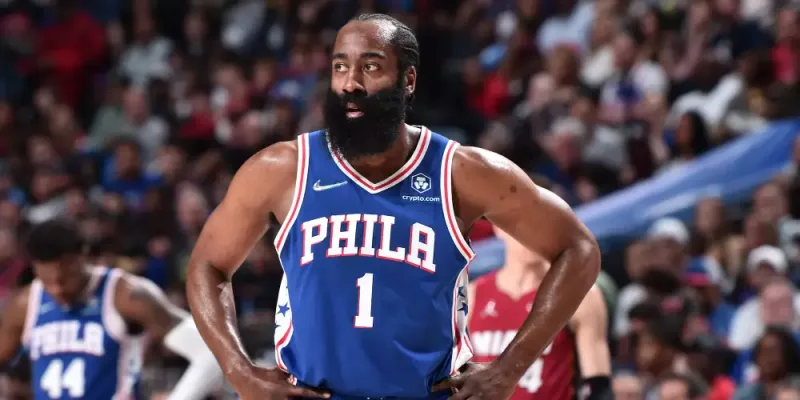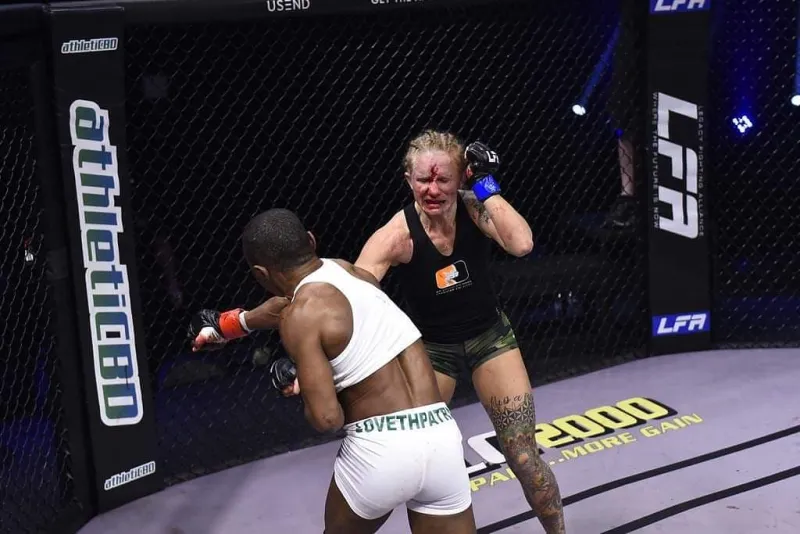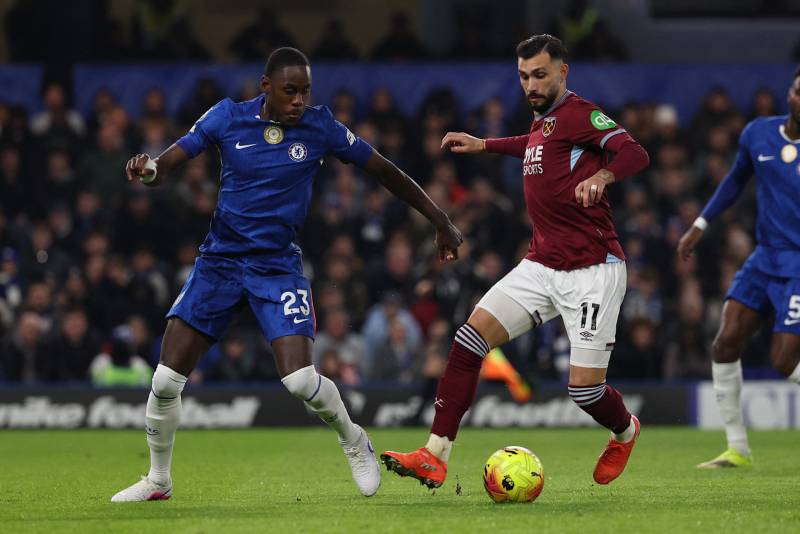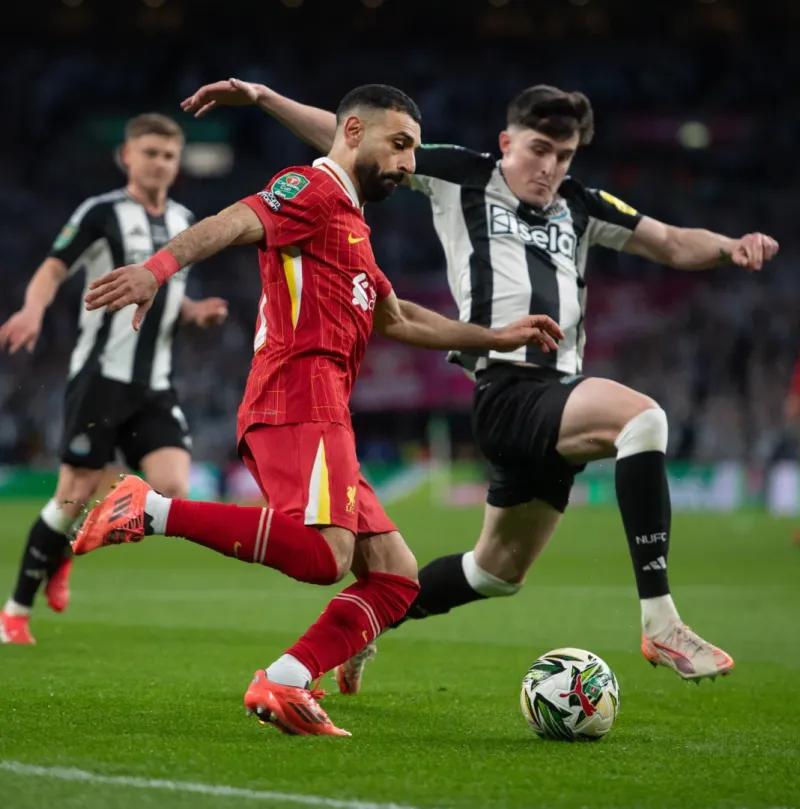The first three months of the James Harden experience likely hasn't been what the Philadelphia 76ers hoped for.
The 76ers were routed by the Miami Heat in Game 6 on Thursday, ending their season in the second round of the playoffs for a fourth time in five seasons. The 99-90 final score made the game appear closer than it was, as Miami built a 20-point lead in the fourth quarter.
And though the Sixers appeared beat-up and dragging throughout the night — most notably, star center Joel Embiid — perhaps nothing stood out more than the relatively little production the Sixers got from Harden.
Harden scored 11 points on 4-of-9 shooting to go with four rebounds, nine assists, and four turnovers in 43. Harden took just two shots in the second half with the season on the line.
"The ball moved and just didn't get back to me," Harden told reporters after the game about his quiet second half.
When asked if 76ers head coach Doc Rivers called plays to get Harden the ball, Harden only responded, "Next question."
Such a response undermines the reputation Harden has built as one of the most prolific, isolation-heavy scorers in the NBA, one rarely reliant on others to get him the ball.
Harden averaged 18.2 points on 40% shooting, 33% from three in the second-round series. He took 15 or more shots just twice. For his career, Harden has averaged 16 field goal attempts per game. He averaged over 20 per game three different times with the Houston Rockets. He's never been shy about shooting or calling his own number.
"Obviously, since we got him, everybody expected the Houston James Harden, but that's not who he is anymore," Embiid said after the game. "He's more of a playmaker."
Embiid added that Harden — as well as himself and his teammates — could have been more aggressive.
For the Sixers, it presents a cruel irony: they traded Ben Simmons — a player who refused to shoot in big moments — for a prolific scorer who ... didn't shoot in the biggest moments of the season. Simmons' fallout with the 76ers began, in part, with a reluctance to shoot in last year's playoffs, even when wide open.
Harden has been battling a hamstring injury this season. While speaking to reporters after the game, he said it had been an ongoing issue for two years, and he is only just starting to feel better.
"I've been trying to get right throughout the course of a basketball season for two years straight, and it's like — that's not it, you know what I mean?" Harden said.
Harden lacked burst throughout the season. Once a lethal, stop-and-go, one-on-one player, Harden struggled to get past defenders or create separation on the perimeter.
Harden is at the top of the list of significant questions the 76ers must answer this summer. He has a player option worth $47 million for the 2022-23 season and is eligible for a four-year extension worth over $220 million. He could also sign a five-year deal worth nearly $270 million if he opts out and re-signs with Philadelphia.
Harden didn't specify whether he would opt into his contract or sign a new one, but said, "I'll be here."
At the moment, making such a massive financial commitment to a player who played well below his standard this postseason is risky for the Sixers. Harden turns 33 in August, with major minutes already under his belt. Questions have been raised about his off-court lifestyle and how that will impact his game as he ages.
Meanwhile, Embiid, 28, is now a perennial MVP candidate. With limited trade assets and financial flexibility, the Sixers won't get many more cracks at landing another star player to pair next to their franchise big man.
After Game 6, Rivers said he refused to make the game a "referendum" on Harden, saying the Sixers lost as a team.
Nonetheless, the loss exposed how far the Sixers still have to go. The Harden trade was supposed to elevate the Sixers to championship contention. Harden's subpar play was far from the only issue: Embiid was less than 100% for a second straight postseason, the team lacks a solid two-way guard, and they had relatively little bench depth as a result of the Harden trade.
Forward Tobias Harris raised another issue after the game.
"Mental toughness," Harris said, adding: "I think at times for our group too many things just affected us as a whole. Like, we drop our heads too much, our body language at times is crappy."
It's certainly not the type of analysis a team wants to hear just three months after a franchise-altering trade. Already, something appeared broken within the Sixers.
It's unclear if major changes are on the way — Rivers shot down any suggestion that he should be worried about his job — but the Sixers are clearly still searching for a way to get over the hump. Of the slew of questions that face the team this offseason, the biggest may be whether the superstar they traded for can get back to his previous level, and if not, how much that is worth.




